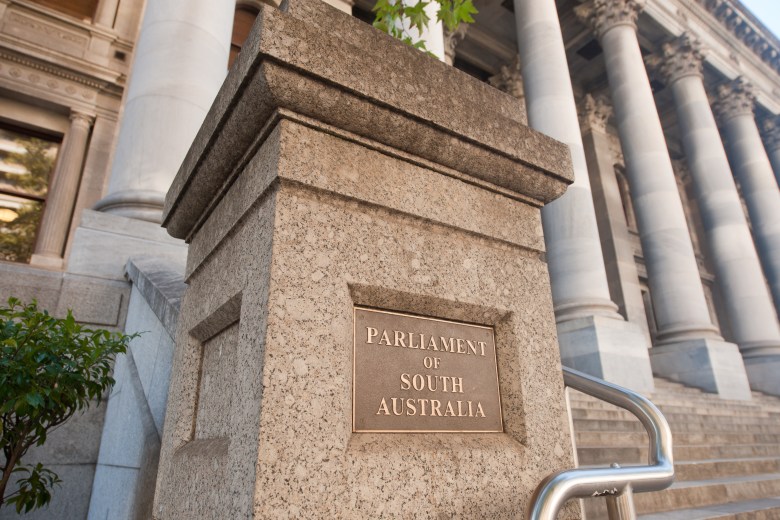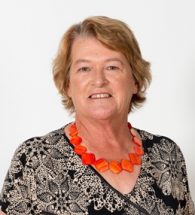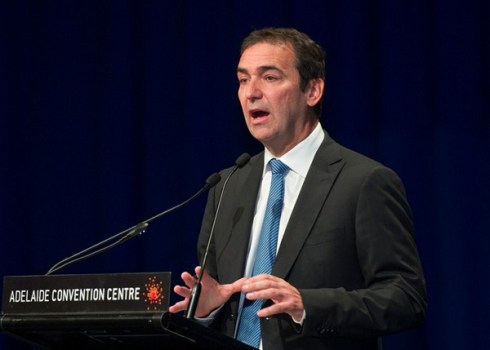
All but two of South Australia’s councils have opposed the state’s rate capping legislation, prompting speculation the bill is destined for failure when Parliament resumes.
In submissions to the state’s local government peak body, 53 councils said they rejected the State Government’s proposed rate-capping legislation, with just two councils supporting it.
In late July, the plan faced a staunch pushback at the Local Government Association of South Australia’s special meeting to discuss the bill.
The resistance comes just weeks before the bill is set to come before the Legislative Council in early September.
The Local Government Association of South Australia, which is set to formalise its position to the Upper House on the government’s proposal by 10 August, told Government News that the District Council of Orroroo Carrieton and the City of Marion, albeit conditionally, were the only councils to support the legislation.
The peak’s final position will be informed by the council feedback as well as the position of parties in the Legislative Council, according to LGA SA president Sue Clearihan.
With SA-Best and the Greens opposed to the legislation, Labor’s vote will be crucial to the legislation passing Parliament in September.
SA-BEST MLC Frank Pangallo told Government News he believed that the resounding opposition by councils is likely to inform Labor’s position.
“The indications I’m getting from Labor is that they also oppose rate capping. It looks like the bill will be defeated in the Upper House. I have had preliminary talks with some of their members and it looks like most of them are opposed to rate capping and will make that positon clear once they see most councils are opposed to it,” he said.
SA Labor told Government News that the party has not yet finalised its position on the government’s legislation.
Councils’ positions on the bill

Mayor Robert Bria from the City of Norwood Payneham & St Peters, one of the 53 councils to oppose the bill, told Government News that he wasn’t surprised by the extent of the opposition, saying rate capping involves “short-term gain quickly offset by long-term pain.”
“Councils have looked at this very closely and obviously looked at the experience in NSW and how things are trending in Victoria, where a number of independent reports have shown that rate capping doesn’t work. It’s financially crippled a lot of those councils and created a massive infrastructure backlog which will take years to catch up on,” he said.
The state should instead be limiting expenditure by looking to improve transparency around public spending and clamping down on frivolous spending, Clr Bria said.
He added:
“There are other measures and reform that can be introduced by State Parliament that local councils would welcome. Rate capping won’t stop inappropriate spending.”

Kathie Bowman, chairman at Orroroo Carrieton Council, told Government News that her council supported the concept of rate capping and not the legislation itself.
“In the first instance, while we’re in favour of rate capping, we’re not in favour of the State Government legislating for us to have it. We’re in favour of the concept,” she said.
She said residents did not want to see rates increased, given many were pensioners or worked in agriculture and could feel the impacts of any variation.
When asked about research suggesting that rate capping could cost residents more in the long-term by potentially increasing the cost of infrastructure renewal, Clr Bowman said that infrastructure maintenance is less relevant for her council, which only has a revenue of around $3 million, and often calls for state support for infrastructure renewal.
“From an infrastructure perspective we are seldom in a position to improve major infrastructure in our area without outside help anyway,” she said.
NSW pushback against rate capping
The developments in South Australia come as independent think tank Committee for Sydney called on the NSW Government to scrap rate capping in NSW, where it has been in place for four decades.
Committee for Sydney director of policy Eamon Waterford said rate capping needs to be abolished if Sydney is to mitigate a rising infrastructure backlog.
“If Sydney is to manage the growth pressures it is experiencing, if we are going keep our city accessible, liveable and loveable, if we are going to ensure all our citizens have a reasonable quality of life, then we need a strong, professional and well-resourced local government,” he said.
Mr Waterford called for the establishment of a Council of Metropolitan Mayors to work alongside the Greater Sydney Commission to introduce a new fund to pay for local infrastructure.
Comment below to have your say on this story.
If you have a news story or tip-off, get in touch at editorial@governmentnews.com.au.
Sign up to the Government News newsletter.



